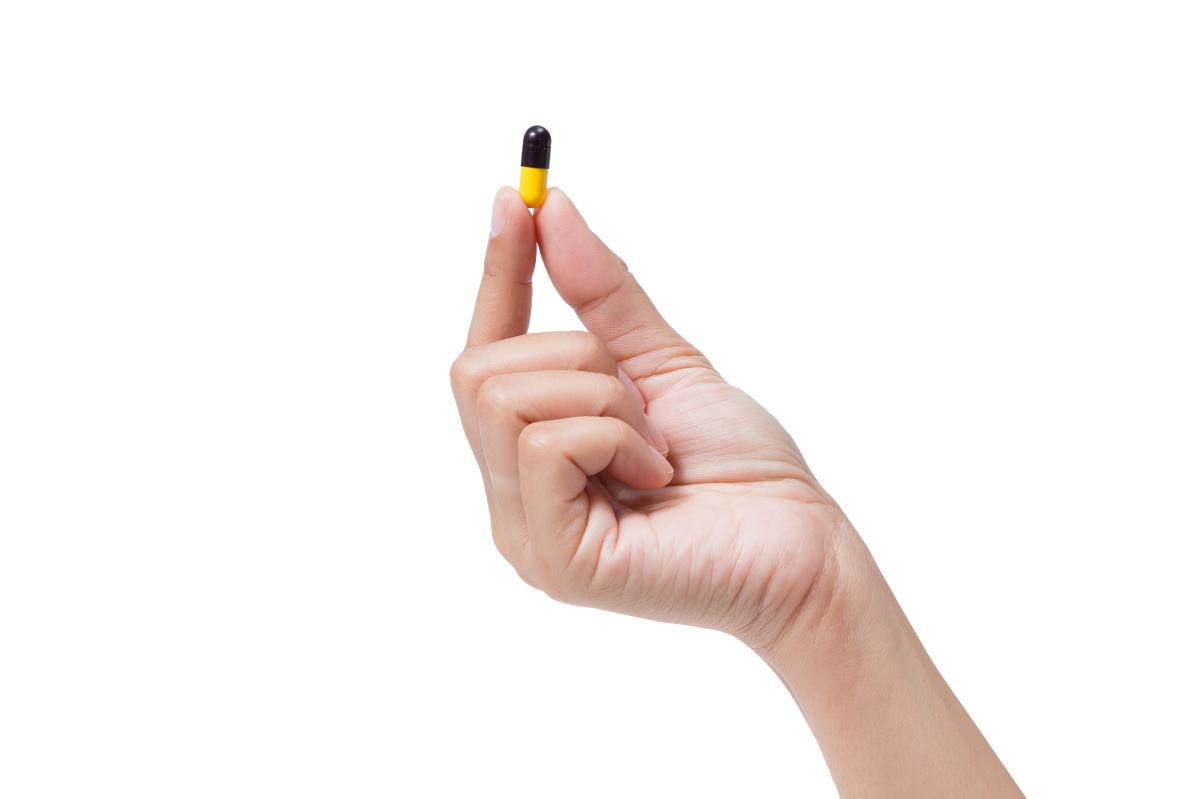Study: Antibiotics found to affect gut microbes and increase the risk of Parkinson’s
03/08/2021 / By Cassie B.

Parkinson’s disease is a challenging illness to treat because scientists lack a clear understanding of its precise causes. Although there is a genetic component, researchers have long been focusing on the environmental factors that lead to the disease, and one recent study found a connection between antibiotics and gut microbe changes that raise a person’s risk of Parkinson’s.
A neurodegenerative movement disorder that affects a person’s ability to carry out common everyday activities, Parkinson’s is often marked by stiffness, tremors, sleep problems, fatigue and constipation. Patients experience cell loss in an area of the brain known as the substantia nigra, causing them to lose dopamine. Although treatments can help, it does not have a cure, so studies pointing to potential causes could be extremely valuable in preventing future cases.
Researchers from Helsinki University Hospital in Finland have discovered that the use of some common oral antibiotics can raise a person’s risk of the illness, and the connection is believed to be down to the drugs’ effects on gut microbes.
Scientists already knew that Parkinson’s patients have altered gut microbes, although they were not sure why. These alterations often show up before a person experiences Parkinson’s symptoms – as long as two decades before diagnosis, in some cases. Moreover, people with intestinal conditions like constipation, inflammatory bowel disease and irritable bowel syndrome have a higher risk of Parkinson’s.
The Finnish study was the first to look at the link between antibiotics and Parkinson’s. After assessing oral antibiotic use in Parkinson’s patients and comparing it to controls of the same age, sex and residential location, they found a strong link to antibiotics such as lincosamides and macrolides and Parkinson’s disease risk. With some antibiotics, such as tetracyclines and anti-anerobics, use as long as 15 years before diagnosis raised the risk, while trimethoprim, antifungal drugs and sulfonamides were linked to a higher risk when used up to five years prior to diagnosis.

Senior study author and Helsinki University Hospital neurologist Dr. Filip Scheperjans said: “The link between antibiotic exposure and Parkinson’s disease fits the current view that in a significant proportion of patients the pathology of Parkinson’s may originate in the gut, possibly related to microbial changes, years before the onset of typical Parkinson’s motor symptoms.”
Many of these are common antibiotics that doctors prescribe for a range of microbial infections, and the scientists believe that this higher risk is something doctors will need to consider in the future when prescribing antibiotics to patients.
Dr. Scheperjans said: “In addition to the problem of antibiotic resistance, antimicrobial prescribing should also take into account their potentially long-lasting effects on the gut microbiome and the development of certain diseases.”
Other studies show probiotics could help fight Parkinson’s
The gut microbe connection could well guide treatments and even preventive measures against the disease in the future. A recent study that used a roundworm model of the disease revealed that a probiotic bacterial strain known as Bacillus subtilis could prevent and sometimes reverse the toxic protein buildup in the brain that leads to the loss of brain cells controlling movement in Parkinson’s. Further studies are needed, but it’s an exciting finding that could make a big difference for the 10 million people worldwide who are currently living with Parkinson’s.
Although antibiotics can save people’s lives in some situations, they are often overused and given to patients unnecessarily. The problem has gotten so bad that we are now facing a serious threat to public health in the form of antibiotic-resistant superbugs. This study reminds us that antibiotics have many other negative effects as well and that they should only be used when absolutely necessary – especially in those who already have a genetic predisposition to Parkinson’s disease.
Sources for this article include:
Tagged Under: Antibiotics, Big Pharma, brain health, disease causes, gun health, gut bacteria, gut health, neurology, Parkinson's Disease, probiotics, research, side effects




















